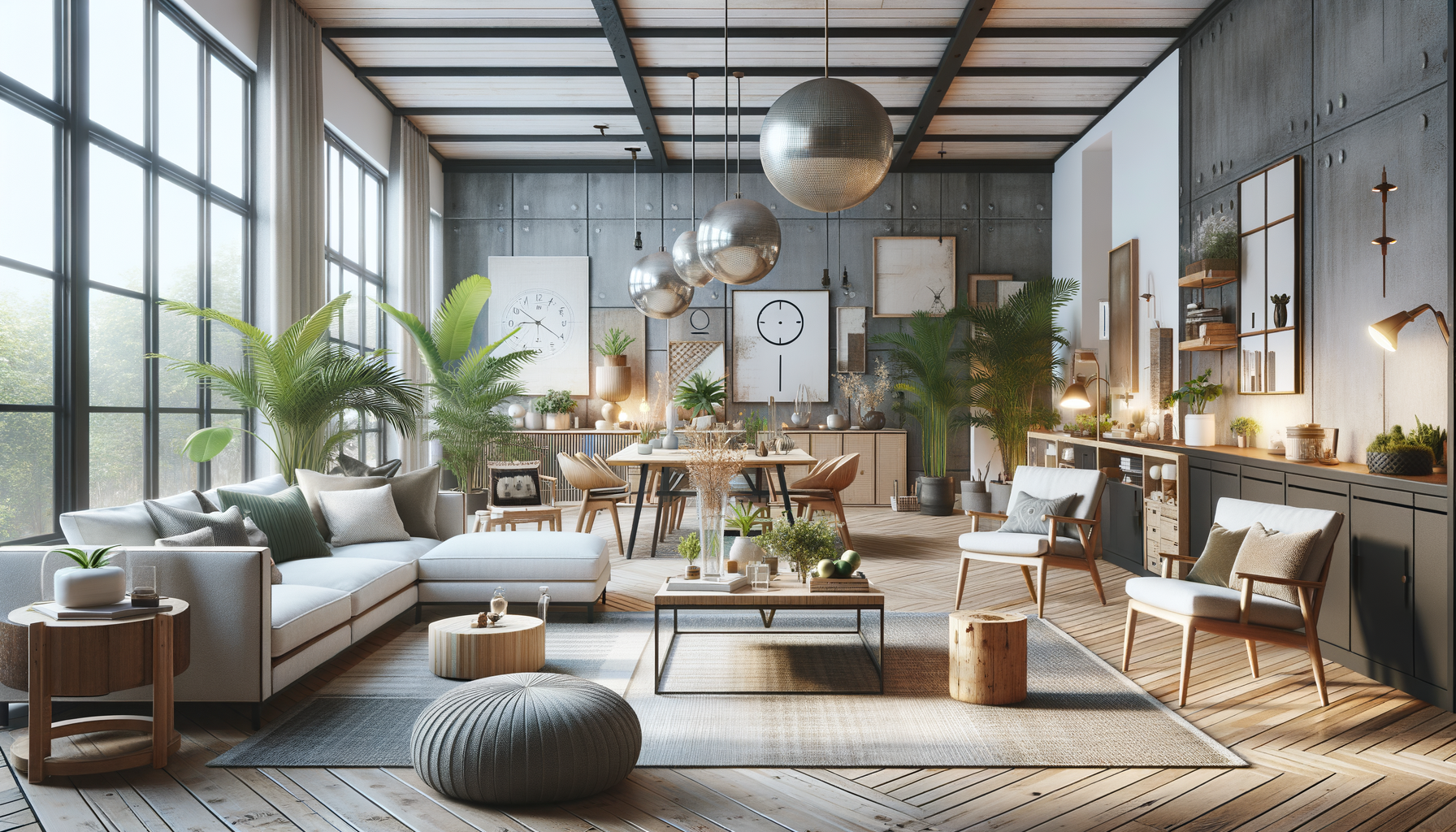Evolving Spaces: Top Interior Design Trends from the 2010s to Today

Evolving Interior Design Trends: 2010s to Today
Over the past decade, interior design has undergone a significant transformation, reflecting changing lifestyles and aesthetic preferences. From minimalist influences to vibrant, eclectic spaces, the trends have continuously adapted to create functional and visually appealing environments.
Minimalism and Functional Spaces
The 2010s saw a surge in minimalist design, emphasizing simplicity and functionality. Clean lines, neutral color palettes, and uncluttered spaces became the norm, promoting a sense of calm and order.
- Neutral Colors: Whites, beiges, and soft grays dominated color schemes.
- Open Floor Plans: Enhancing flow and maximizing space.
- Multipurpose Furniture: Pieces that offer storage and functionality.
Sustainability and Natural Materials
As environmental consciousness grew, so did the use of sustainable and natural materials in interior design.
- Eco-friendly Materials: Bamboo, reclaimed wood, and recycled metals.
- Biophilic Design: Incorporating plants and natural elements.
- Energy-efficient Lighting: LED fixtures and smart lighting solutions.
“Sustainability is not just a trend; it’s a fundamental shift in how we approach design.”
Bold Colors and Patterns
In recent years, there’s been a move towards more vibrant and dynamic interiors. Bold colors and intricate patterns add personality and energy to spaces.
- Accent Walls: Using a single bold color to create a focal point.
- Geometric Patterns: Adding visual interest through shapes and designs.
- Statement Furniture: Pieces that stand out and define a room’s aesthetic.
Smart Home Integration
The integration of technology into home design has become increasingly prevalent, enhancing convenience and efficiency.
- Smart Lighting: Controlled via apps and voice commands.
- Automated Systems: Thermostats, security, and entertainment systems.
- Seamless Connectivity: Integrating devices for a cohesive smart home experience.
“Smart homes are the future, blending technology seamlessly with everyday living.”
Interior design trends continue to evolve, blending aesthetics with functionality and sustainability. Whether you prefer minimalist spaces or vibrant, tech-integrated homes, there’s a trend to suit every taste and lifestyle.